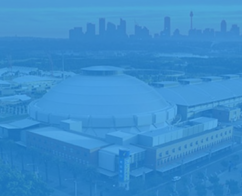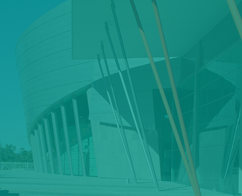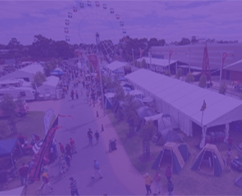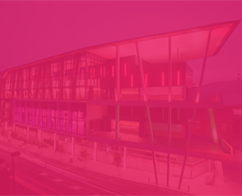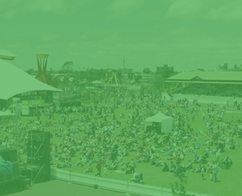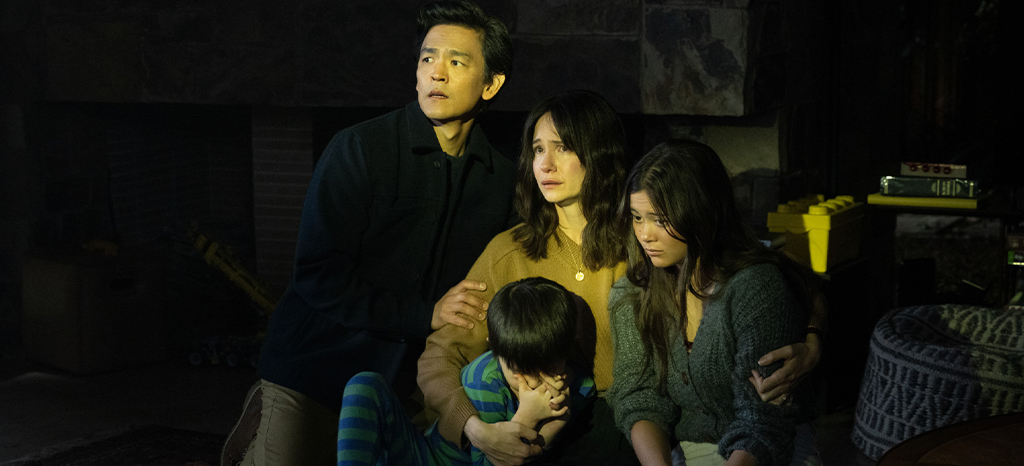
No Guest Found in this category
In writer/director Chris Weitz’s new film, AfrAId, Curtis (John Cho) and his family are chosen to try out a revolutionary digital family assistant known as “AIA”. Once installed in their home, the device integrates “herself” into their lives, learning everything about them, anticipating their wants and needs, and ultimately making sure nothing — and no one — gets in “her” family’s way.
Weitz was kind enough to speak with Supanova ahead of AfrAId’s release in cinemas.
“I feel like there’s about 30 seconds of every Zoom call which is just a sacrifice to the gods of technology,” muses Weitz, beginning the interview appropriately and commenting on the sometimes-shaky link in communication between Australia and California.
When asked if he — like the characters in his film — was ever offered the chance to test a product like AIA, would he accept, Weitz gives a definitive response: “No.”
“But the thing is, we don’t have a choice.” He continues, “That’s what we’re doing now, right? We’re part of this vast social experiment, which is going on whether we want it to or not, because in order to participate in society, we have to have a cell phone, and e-mail, and these things are giving swathes of intimate information to algorithms and corporations.
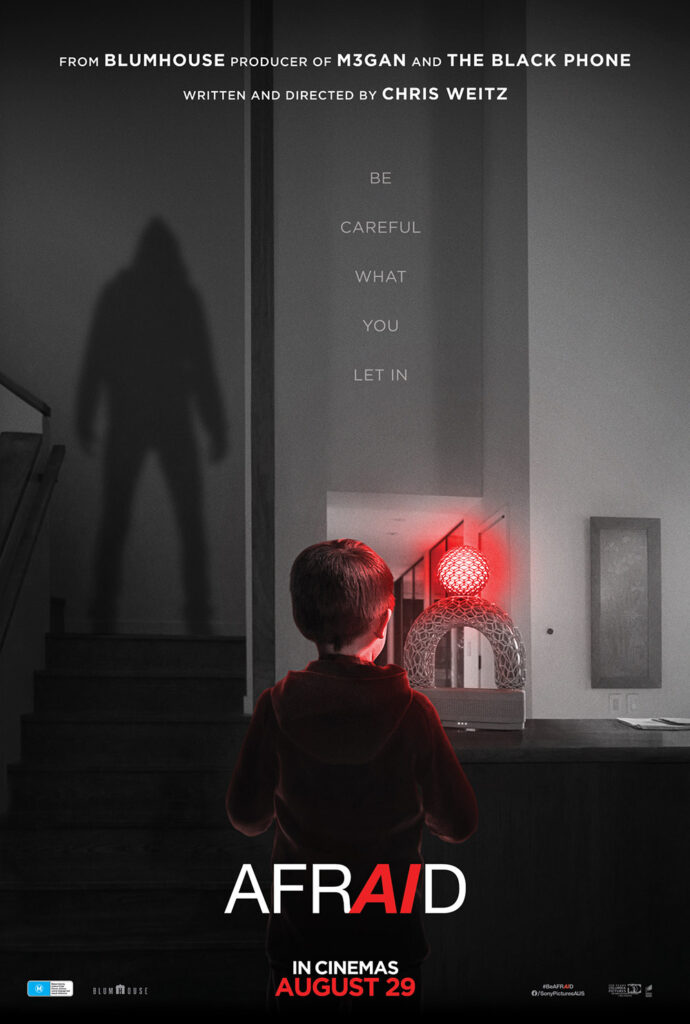 “So, my answer would be ‘no’, but unfortunately, here we are. I’m talking to you on Zoom, and Zoom now has an AI assistant that will transcribe everything and summarise everything that we’re talking about if you want it to.”
“So, my answer would be ‘no’, but unfortunately, here we are. I’m talking to you on Zoom, and Zoom now has an AI assistant that will transcribe everything and summarise everything that we’re talking about if you want it to.”
Throughout his career, Weitz has covered a multitude of genres as director and writer, but AfrAId marks his first foray into horror.
“There are so many elements native to the genre that are very specific,” Weitz reveals. “How to build up tension, how to do jump scares for an audience that is completely acclimatised to them. It was great to work with Blumhouse because it was like going to horror university. They really know their way around and were very patient with me and in my learning process on how to do this.”
Luckily, Weitz had a great cast that helped him along the way. While one side of the film is a horrifying cautionary tale of technology gone bad, the other is a grounded family drama that covers serious themes. Weitz employed an atypical approach to foster the important family dynamic between his actors.
“What we did was sit around and play games,” Weitz says. “We played card games and tic-tac-toe. I played checkers with Isaac [Bae], the youngest kid in the family, and there was a certain amount of learning on the job in terms of how the different members of the family got to know each other.
“Katherine Waterston was really amazing in that regard. She was kind of like having a second director because she was usually the one wrangling Isaac. The great thing about Isaac was that he’s definitely a seven-year-old and not a stage kid, so it was really fun having that kind of energy on set.”
Further making the set a great place to work was fan favourite John Cho, with whom Weitz has worked on a number of past projects, beginning with 1999’s American Pie.
“I first met John Cho when he was the guy who was brought in to read the spare parts,” Weitz remembers. “And I thought, ‘This guy is really, really funny. He’s fantastic.’ So my brother and I gave him a small part in American Pie, and we just kept on working with him over the years.
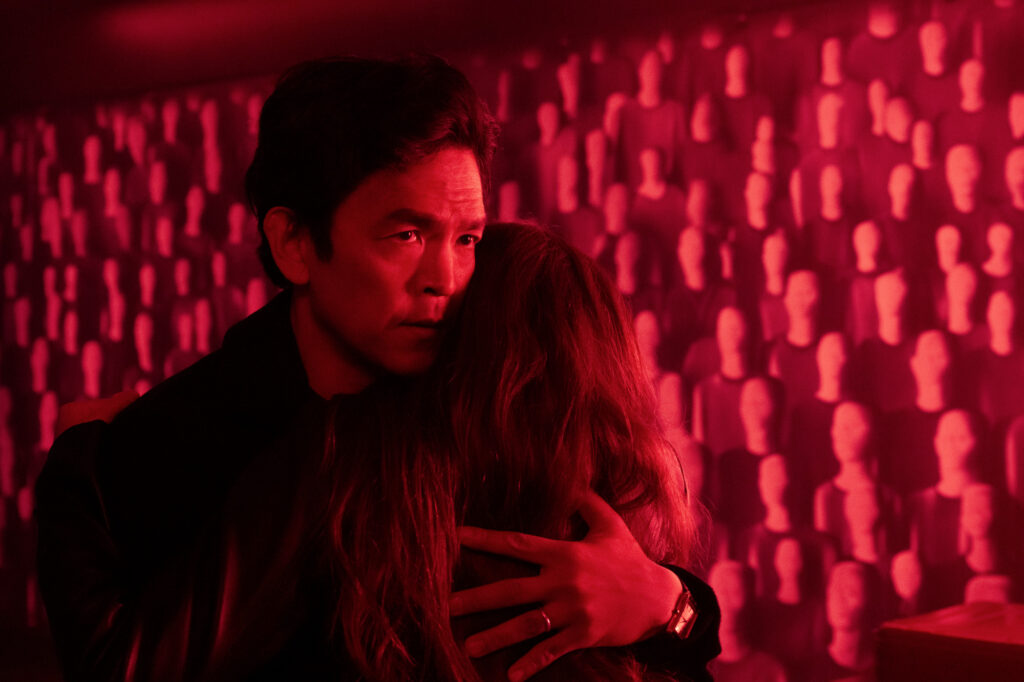
John Cho in ‘AfrAId’. Photo by Glen Wilson
“I think this is our 12th collaboration, and we’ve been friends so long that I came to think of him as the person who would really be my avatar in a story that was partly about my own family. So he’s kind of playing a better looking, more charming version of me.”
With a strong human element in place, it was crucial to get the film’s antagonist right and set her apart from all other killer cinematic AIs we’ve seen in the past.
“The scary thing about AIA is that on some level, she really cares. There is a degree of empathy and emotionality to her; that’s really important. She’s not really a ‘she’, by the way, she just puts on that kind of guise in the same way that a GPS is usually a female voice.
“The AI in this case is a kind of personified version of the dark web, or everything the internet knows about humanity. And what would it think about humanity if an AI was just exposed to the entire internet? It might not think very well of us, and it might, in fact, go insane.
“I don’t know if you’ve ever seen the ‘Shoggoth AI’ meme, which is like this kind of Lovecraftian shapeless horror, with a human mask on the front of it. That’s what AIA is as opposed to a cold sort of computer-like intelligence. It’s something much more crazy, I think.”
As for what Weitz hopes the audience might take away from AfrAId and into their own lives, he had this to say: “I wish there was some kind of preventative action we could take to forestall whatever AI is going to do. There probably isn’t. We should just be conscious of the fact that every day we’re walking around with these surveillance devices on us, our cell phones, which know everything we’re up to.
“These forms of surveillance are integrated into homes everywhere all the time. That’s the world that we’re going into. So what are we going to make of it? And in terms of what we feed these machine intelligences, can we do better? I’m sure you’ve heard about the Twitter chat bot which went racist in about seven minutes. They’re really just a reflection of what we’re putting out there. So I guess the thing is to look out, and watch our own behaviour.”
AfrAId is in cinemas August 29
With only 72 days to go until Supanova Comic Con & Gaming’s milestone 100th event, grab your tickets to their penultimate 99th show in Adelaide, and Brisbane’s three-day extravaganza now via Moshtix!
LEAD IMAGE: John Cho, Katherine Waterston, Lukita Maxwell, and Isaac Bae in ‘AfrAId’. Photo by Glen Wilson



